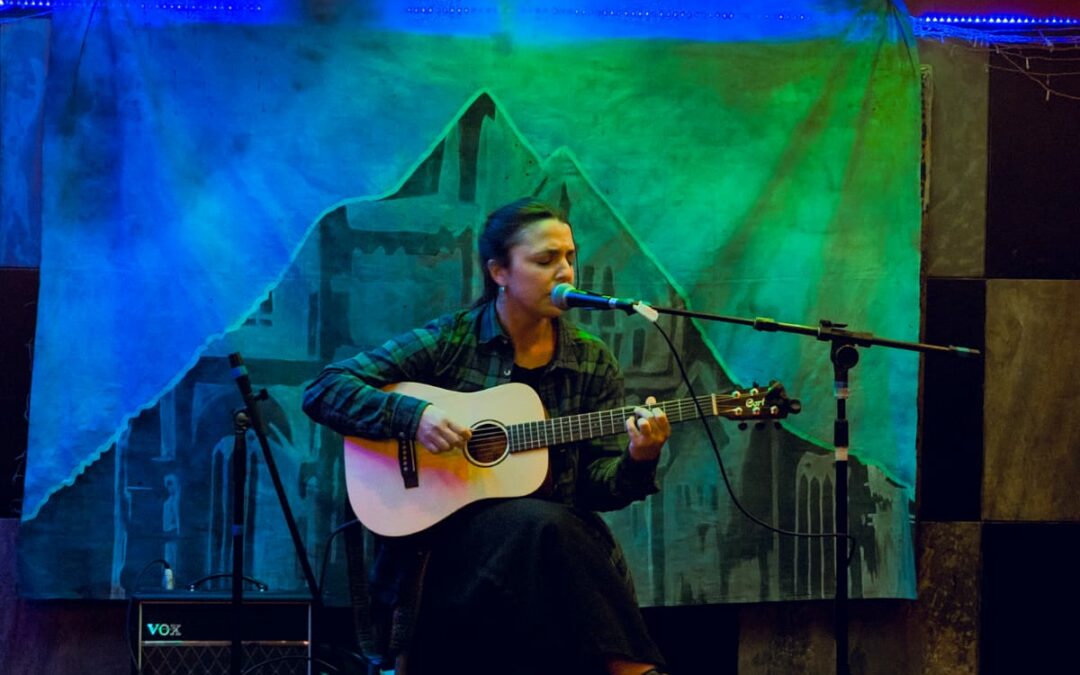
The Yaghan people’s approach to preserving their cultural heritage
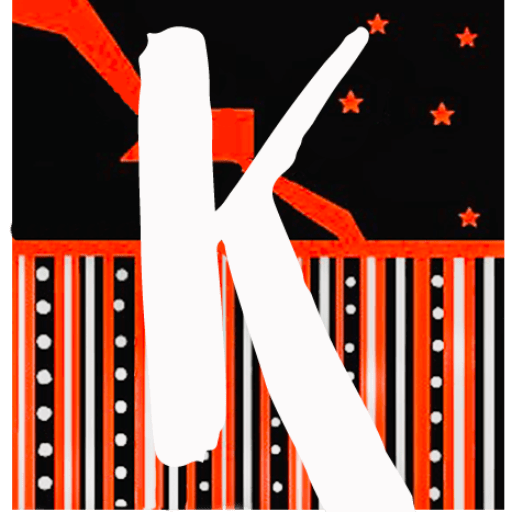
Association Karukinka
Loi 1901 - d'intérêt général
Derniers articles
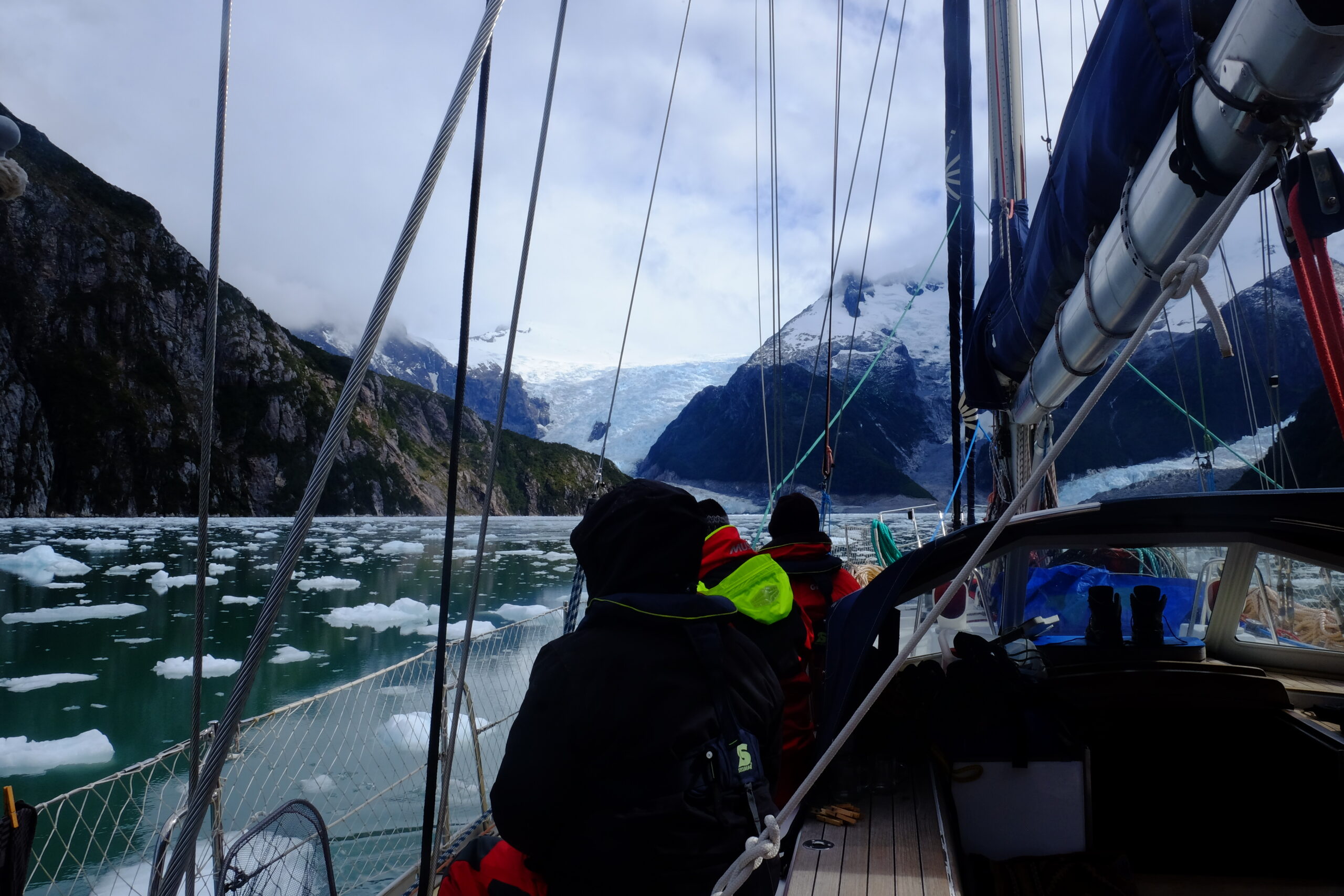
Suivez nous
A protocol of good practices for the protection of Yaghan indigenous cultural heritage
The Yaghan people, an ancestral community of the Patagonian channels, developed a revolutionary protocol in 2017 to protect their cultural heritage. This initiative, led by the Indigenous Yaghan Community of Bahía Mejillones (Navarino Island, Cabo de Hornos, Chile) in collaboration with the National Sub-Directorate of Indigenous Peoples of Chile’s National Cultural Heritage Service, represents a model of respect for indigenous rights and cultural preservation.
Context and legal foundations
The protocol is based on ILO Convention 169 (International Labour Organization), ratified by Chile in 2009, which recognizes the right to cultural integrity of indigenous peoples. As stipulated in Article 5 of this convention: “the social, cultural, religious and spiritual values and practices of these peoples shall be recognized and protected, and due account shall be taken of the nature of the problems which face them both as groups and as individuals.”
You can find the Protocol in English, translated by Karukinka Association here : https://karukinka.eu/wp-content/uploads/2022/09/protocole-yagan-english.pdf
A collective definition of cultural heritage
The Yaghan Community defines its cultural heritage as “the set of knowledge, practices and cultural expressions, traditional and contemporary,” including:
- The Yaghan language
- Ancestral navigation
- Traditional foods
- Handicrafts
- Songs and dances
- Sacred and culturally significant sites
- Collective memory and history
- Raw materials necessary for traditional practices
- Historical and contemporary territory
Some protocol guidelines
1. Recognition of the living existence of the people
The protocol clearly affirms that the Yaghan people is “a millenary people, with approximately 7,000 years of presence in our territory.” It categorically rejects the use of the qualifier “last” to designate community members, emphasizing their continued cultural vitality despite historical persecutions.
2. Control of historical narrative
Any official reference to the history of the territory and the Yaghan people must consider the community’s collective memory and obtain their authorization. For tourism in particular, activities conducted in their territory must be led by a guide from the Yaghan Community.
3. Consent for recordings
Any recording (audio, video, photographic) of community members or their heritage requires “collective and/or individual consent, prior, free and informed.”
4. Protection of handicrafts
Handicrafts of Yaghan origin can only be made and commercialized by members of the people, thus preserving authenticity and cultural economy.
5. Restitution of heritage
The protocol demands the restitution of all objects, recordings, and heritage documents held by national or international institutions, as they “rightfully belong to our people.”
Contemporary challenges and claims
Ancestral navigation
The protocol denounces the current prohibition of ancestral navigation: “currently we are prohibited from ancestral navigation, which constitutes a transgression of a cultural practice.” This restriction represents a violation of cultural rights established by ILO Convention 169.
Territorial protection
The community demands protection of the hydrobiological and phytogenetic resources of their traditional territory, including the collection of rushes and tree bark for handicrafts.
Prior consultation
Any project that may affect Yaghan cultural heritage must follow strict consultation protocols, with a minimum seven-day notice for any community meeting.
The role of Karukinka association
The French association Karukinka, founded by Lauriane Lemasson in 2014, plays a crucial role in disseminating these protocols among French-speaking and English-speaking communities. For over a decade, Karukinka has conducted scientific and artistic expeditions in Patagonia, working closely with Yaghan, Selk’nam, and Haush peoples.
Karukinka’s actions in favor of Yagan heritage
- Cultural documentation: Collection, digitalizing and archiving of Yaghan testimonies, soundscapes, songs, and stories
- Linguistic cartography: Identification of over 3,000 toponyms in indigenous languages
- International awareness: Organization of meetings, conferences and exhibitions in Europe
- Collaborative projects: “Voces de las Abuelas” program for the restitution of ethnographic archives
- Training and education: Awareness workshops on indigenous cultural rights
Importance of international dissemination
Karukinka actively communicates about these protocols to raise awareness among French-speaking and English-speaking researchers, artists, and institutions about good practices regarding indigenous cultural heritage. This approach aims to:
- Prevent cultural appropriation: Inform international actors about protocols to be respected
- Facilitate ethical collaborations: Establish bridges between Yaghan communities and European institutions
- Support claims: Amplify the voice of the Yaghan challenges and claims internationally
- Educate audiences: Raise awareness about cultural preservation in Patagonia
Toward international recognition
This Yaghan protocol constitutes a model for other indigenous communities worldwide. It demonstrates how indigenous peoples can regain control of their cultural narrative and establish respectful collaboration frameworks with external institutions.
Karukinka’s commitment to disseminating these protocols is part of a broader approach to decolonizing research practices and valorizing indigenous knowledge. By informing French-speaking and English-speaking communities about these protocols, the association contributes to creating a more respectful international environment for the cultural rights of indigenous peoples.
The Protocol of Good Practices for the Protection of Yaghan Cultural Heritage represents much more than an administrative document: it is a declaration of cultural independence, a guide for equitable relations, and a model of peaceful resistance against persistent coloniality.
Thanks to the dissemination work carried out by communities, individuals and associations like Karukinka, these protocols can inspire new forms of international collaboration, based on respect, reciprocity, and recognition of indigenous peoples’ rights to control their own cultural heritage.
The preservation of Yaghan heritage is not just a local issue: it is a global challenge that calls upon us all regarding our relationship with humanity’s cultural heritage and our collective responsibility in its preservation.
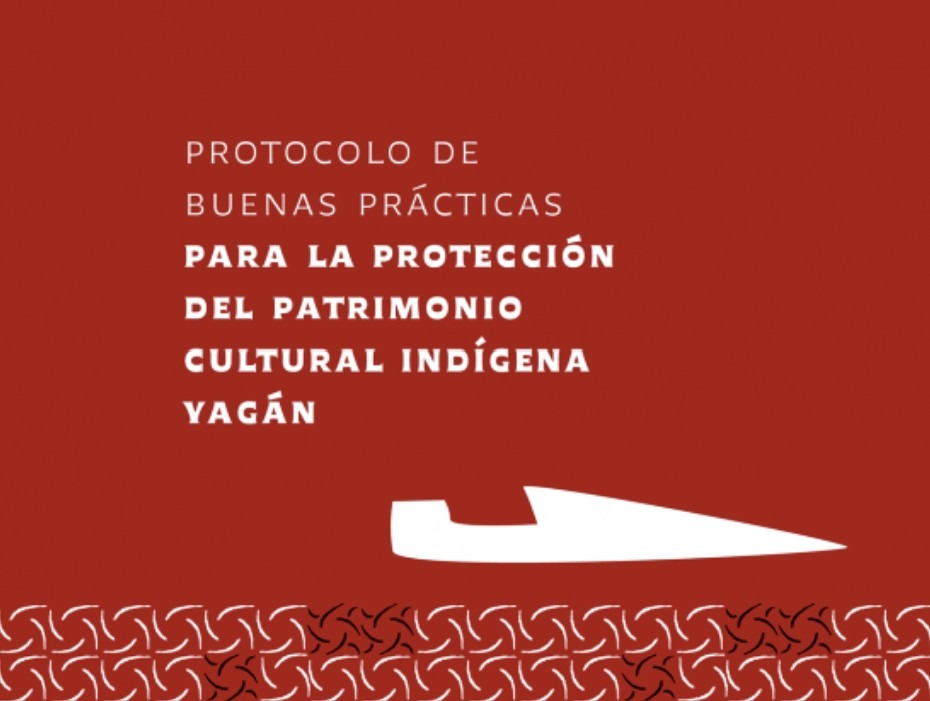
From (in Spanish) : https://www.pueblosoriginarios.gob.cl/sites/www.pueblosoriginarios.gob.cl/files/2021-09/FolletoProtocolo_Yagán.pdf
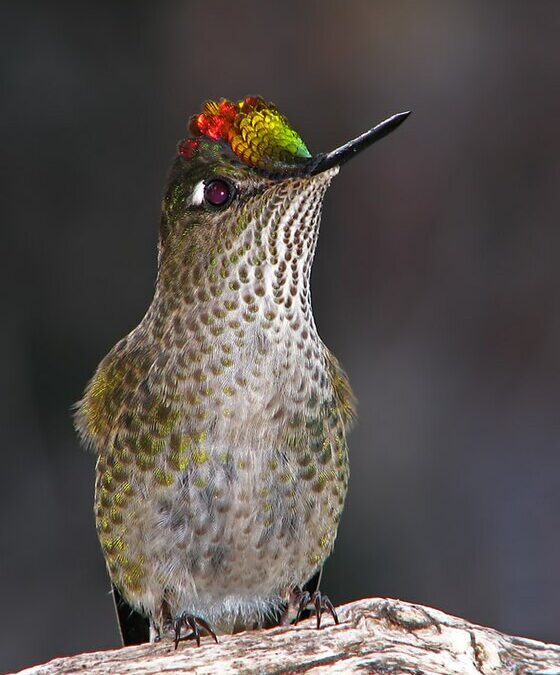
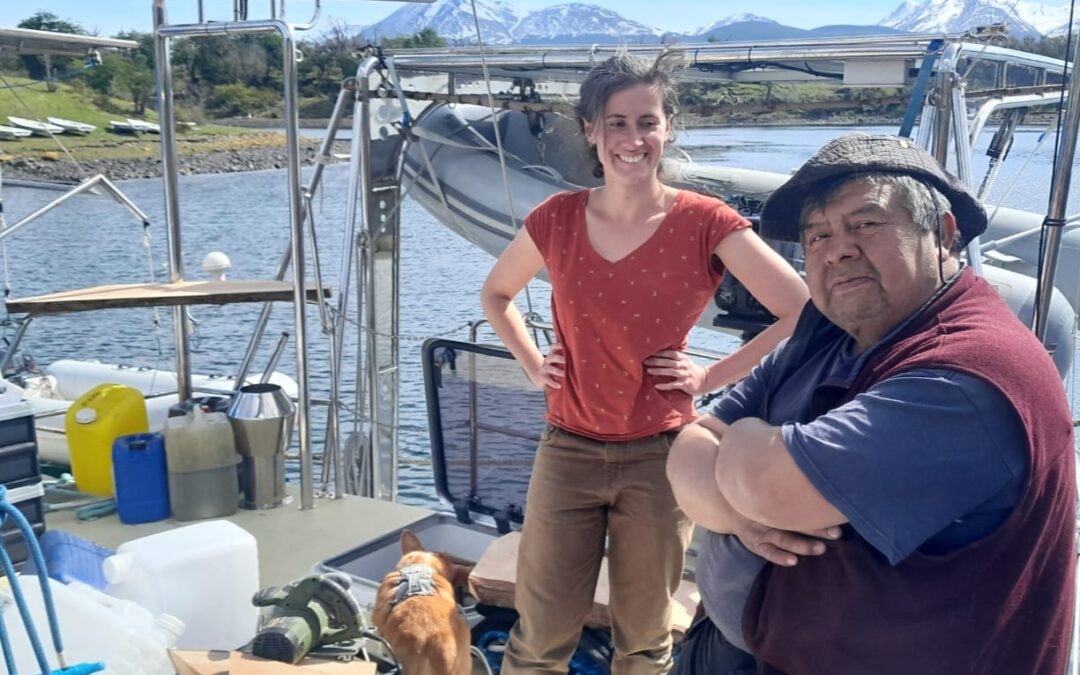
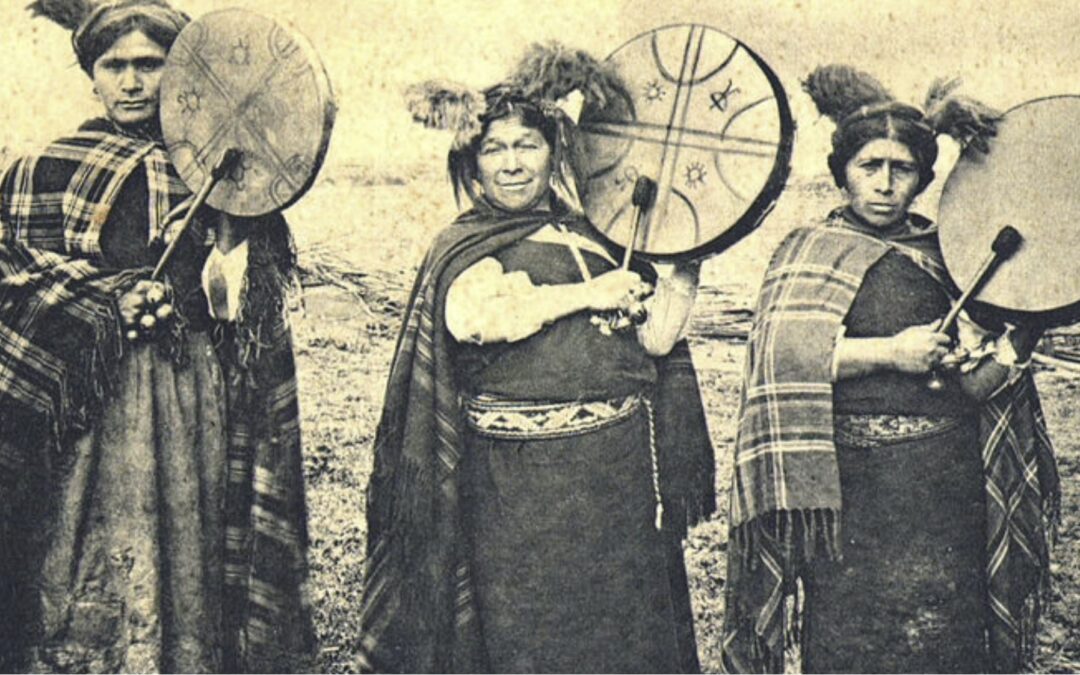
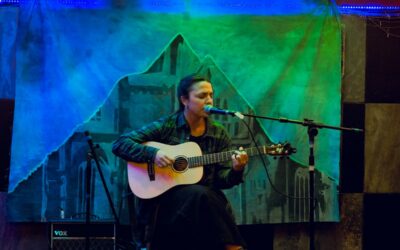

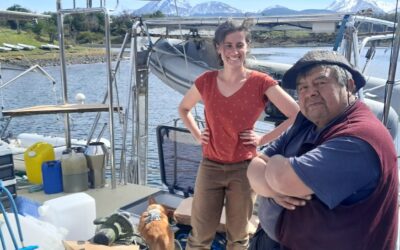
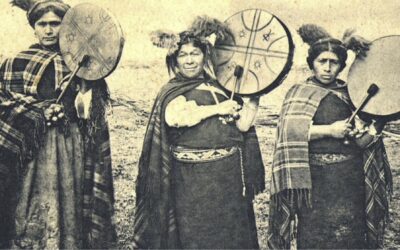
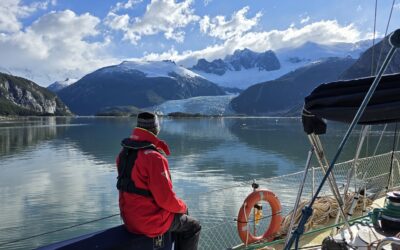
![[Sailing Patagonian channels] Sébastien’s Logbook part 1](https://karukinka.eu/wp-content/uploads/2025/08/Caleta-eva-luna_012025_Karukinka4-400x250.jpg)
